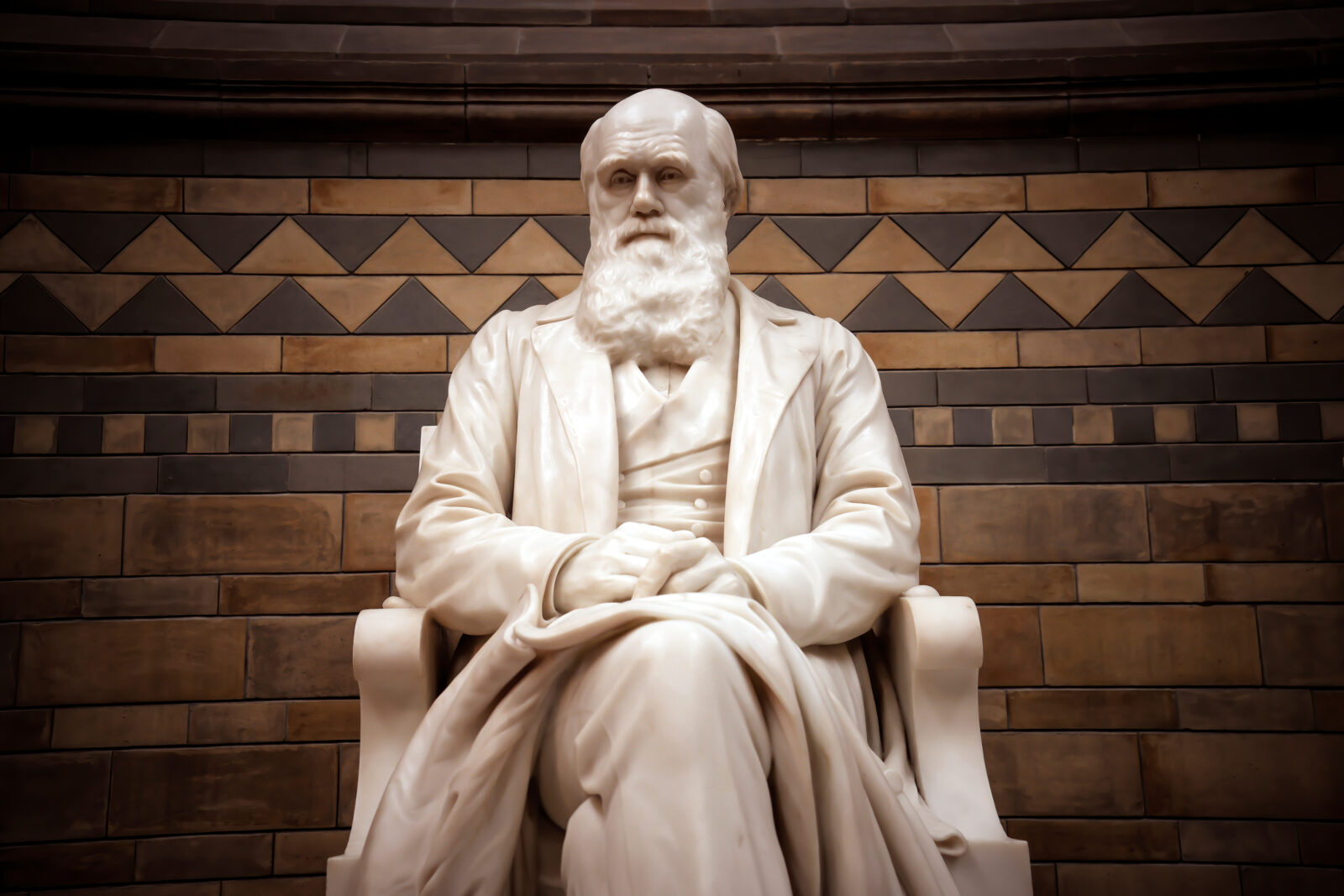


Neil Thomas Talks Darwin, Aquinas, OOL and … Young Frankenstein
On this ID the Future, Taking Leave of Darwin author Neil Thomas continues a lively conversation with radio host Hank Hanegraaff. In this second in a three-part series, the two touch on the fossil record’s challenge to Darwinism, Gould and Eldredge’s rescue attempt, the question of whether Darwin’s best known contemporary defender is dishonest or merely self-deluded, the wishful thinking surrounding origin-of-life studies, the failed attempts to reduce the mind to mere brain chemistry, and the morally repugnant pro-eugenics ideas rooted in Darwinism and touted in the textbook at the heart of the famous Scopes Monkey Trial. The conversation is posted here by permission of Hank Hanegraaff. Get Neil Thomas’s book here.

Author Neil Thomas Takes Leave of Darwin, Pt. 2
On this ID the Future, Taking Leave of Darwin author Neil Thomas and host Jonathan Witt continue their conversation about Thomas’s journey from Darwinian materialism to theistic humanism and a thorough skepticism of Darwinian theory. Here Thomas links the heroic posturing of modern atheists Richard Dawkins and Bertrand Russell, on the one hand, and on the other, the heroic fatalism of poetry stretching back to the early Middle Ages and, further still, to the ancient Greeks. Thomas also draws a link between the animistic thinking of much ancient pagan thought and the magical powers attributed to the Darwinian mechanism. Thomas explains why he now views the latter as essentially “crypto-animism.” In their wide-ranging conversation, Thomas and Witt also touch on contradictions in Darwin’s treatment of natural selection, the tug-of-war between the paleontologists and the geneticists in the evolutionist community (and how their battle points to a conclusion neither side appears willing to consider), and insights proffered by figures as diverse as British philosopher Antony Flew and celebrated American novelist John Updike. Thomas’s new book is available for purchase here.

Günter Bechly Says Goodbye to Darwinian Gradualism
On this episode of ID the Future, paleontologist Günter Bechly and host Andrew McDiarmid discuss Bechly’s article “Ape-Man Waves Goodbye to Darwinian Gradualism.” Bechly touches on the oldest australopithecine fossil skull ever found, from 3.8 million years ago. The researchers behind the find are confident of its age but puzzled because the discovery undercuts one of the best examples of alleged gradual transition between two hominid species, and it also doesn’t fit well with common theories of phylogenetic relationship. The evidence poses a significant problem for the Darwinian mechanistic paradigm, but can be readily explained with an intelligent design approach.

First the Royal Society Meeting, Now Cambridge’s “Evolution Evolves”: Paul Nelson Reports
On this episode of ID the Future, intelligent design proponent and philosopher of biology Paul Nelson reports on a recent conference he attended at the University of Cambridge, “Evolution Evolving: An International Conference on the Evolving Mechanisms and Theoretical Framework of Evolutionary Biology.” Scientists from around the globe gathered under the operating assumption that the modern evolutionary synthesis is sorely lacking. As with many of the biologists who attended the 2016 Royal Society meeting “New Trends in Evolutionary Biology,” many of the attendees of the Cambridge event find themselves disenchanted with Neo-Darwinism and weighing their options. They’re still not looking outside the walls of the “City of Naturalism,” Nelson says, but it’s fascinating and encouraging to witness the increased openness to ideas that reach beyond modern Darwinian dogma.